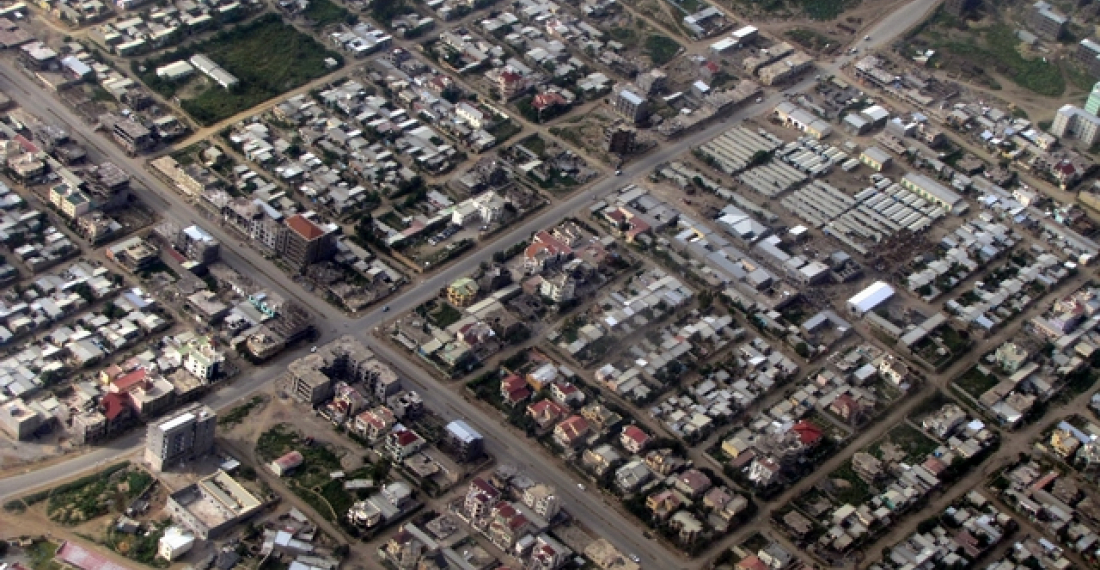The Ethiopian government announced on Thursday (26 November) that armed forces would begin "final action" in Mekelle, the capital city of the country's northern Tigray region where a military standoff between local forces and federal troops has been ongoing in recent days. The Ethiopian government urged civilians to stay home.
Prime Minister Abiy Ahmed said the final ultimatum for the TPLF forces in Tigray has expired. Abiy said the army troops would take "great care" to make sure to "protect innocent civilians from harm," as well as protect places of worship, public facilities and heritage sites.
The humanitarian pressure is mounting on Sudan, where thousands of civilians fled from Tigray in the past few weeks. Babar Baloch, a spokesperson for the United Nations High Commissioner for Refugees, told reporters in Geneva Friday that more than 33,000 refugees have so far fled Ethiopia's Tigray region into a desolate location in Sudan.
Women, men and children continue emerging in the distance from the Hamdayet border crossing point along the Tigray region in #Ethiopia.
— UNHCR in Sudan (@UNHCRinSudan) November 14, 2020
As of last night, 𝗼𝘃𝗲𝗿 𝟭𝟳,𝟬𝟬𝟬 people (plus several unregistered) have fled to Sudan due to ongoing clashes in their home country. pic.twitter.com/9yZHoCB0Ui
Abiy Ahmed ruled out dialogue with the leaders of the defiant Tigray region but said he is willing to speak to representatives “operating legally” there during a meeting with three African Union special envoys trying to end the conflict between federal troops and the Tigray’s forces. It is not clear if the AU envoys will meet Tigray’s representatives.
With communications and transport links severed, it remains difficult to verify claims about the fighting and casualties. Abiy Ahmed insists that the military operations are "law-and-order operation" and claimed that the aim was to "protect the Tigrayan people from the TPLF junta", which he accused of "committing different atrocities".
On its turn, the TPLF, which controls Mekelle, has vowed to keep fighting. Mekelle, a city of 500,000 inhabitants, can witness intense guerilla-style fighting with the campaign extending for several weeks.







